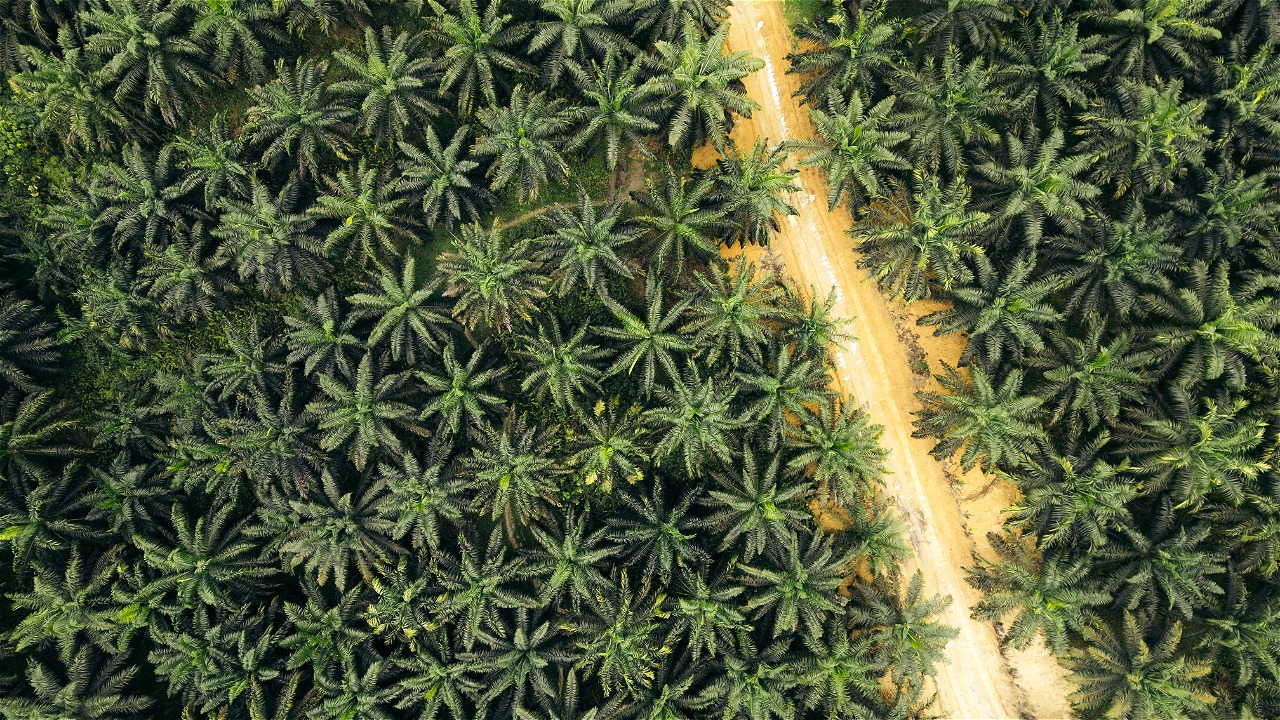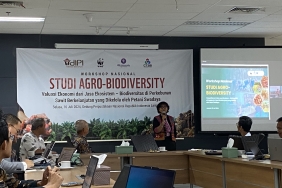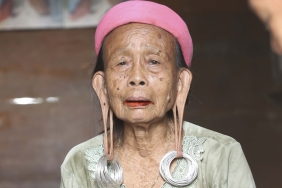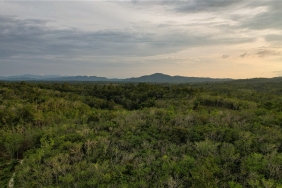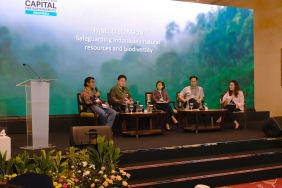DISCOURSE ON FOREST CONVERSION FOR OIL PALM FARMERS SHOULD NOT ENCOURAGE NEW DEFORESTATION
On Sunday, October 15, 2017, various media carried news about the Initial Planting of the Oil Palm Plantation Replanting Program in South Sumatra, where on that occasion the President of the Republic of Indonesia Joko Widodo ordered the Ministry of Environment and Forestry (KLHK) to remove oil palm farmers' plantations that are included in the forest area from the forest area, and then give free land certificates.
The President's statement is not in line with Presidential Regulation (Perpres) no. 88 of 2017 concerning the Settlement of Land Tenure in Forest Areas (PPTKH) which was only issued on September 6, 2017 and became effective on September 11, 2017.
WWF assesses that Presidential Regulation no. 88 on PPTKH is a good breakthrough effort from the government to unravel tenurial issues in forest areas even though it still has shortcomings, including not explicitly writing the initial limit of the validity of the 20-year occupancy period as the basis for forest function change.
The government needs to be selective in assessing communities or community groups of oil palm farmers who can receive area release rights and be given certificates, because many community oil palm plantation practices are actually financed by companies or middle-class financiers behind them.
WWF observed that in principle, the granting of these certificates should not erode conservation areas, either by social forestry schemes or agrarian reform initiatives, except for areas that are outside the area designated for conservation.
For areas that are already National Parks, protected forests or other areas that still have high forest cover, the Government must continue to prioritize conservation efforts and agree that communities practicing plantations in them must be excluded.
For example, the Government is working to resolve forest encroachment for oil palm plantations in the Tesso Nilo National Park area where oil palm farmers inside the area are relocated outside the National Park, then placed in designated Social Forestry areas around the National Park. This effort is coordinated in the form of the Tesso Nilo Area Revitalization Task Force and serves as a lesson in how tenure and conservation issues are carried out together.
To be able to implement Presidential Decree 88/2017 properly, WWF calls on the government to strengthen adequate data and information on the existence and distribution of oil palm smallholders. Mapping of oil palm smallholders, especially those located within forest areas is absolutely necessary so that this land certification initiative is right on target.
The implementation of Presidential Regulation 88 also needs to sharpen the aspects of recognition to indigenous peoples in particular, not only relying on the current legal process.
---000---
[1] http://rilis.id/presiden-keluarkan-kebun-sawit-petani-dari-status-kawasan-hutan.html
http://www.tribunnews.com/bisnis/2017/10/15/presiden-keluarkan-kebun-sawit-petani-dari-status-kawasan-hutan
http://www.beritasatu.com/bisnis/458196-jokowi-minta-kebun-sawit-petani-dikeluarkan-dari-status-kawasan-hutan.html
For more information, please contact:
Diah R. Sulistiowati | Forest and Terrestrial Species Campaign Coordinator | WWF-Indonesia | dsulistiowati@wwf.id | +6281 1100 4397

